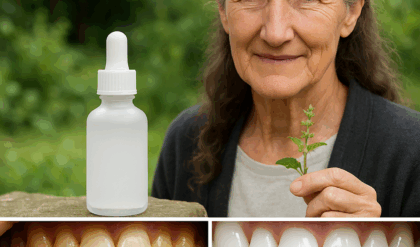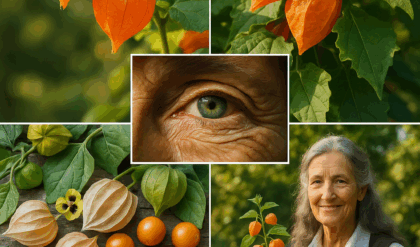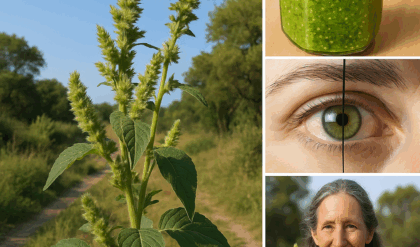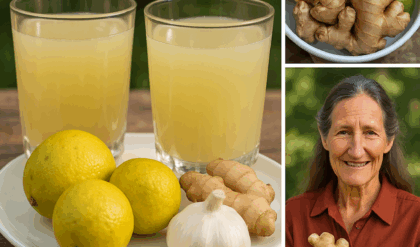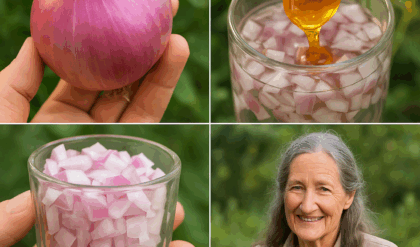What if a plant could captivate your senses with its beauty while hiding a lethal secret? Datura stramonium, often called thorn apple, devil’s trumpet, or jimsonweed, is a botanical enigma that has fascinated and frightened humanity for centuries. With its trumpet-shaped flowers and spiky seed pods, this striking plant seems like a gardener’s dream—until you uncover its toxic truth. A single misstep with Datura can lead to severe consequences, making it a must-know for anyone passionate about gardening, foraging, or plant safety. Ready to explore the dual nature of this mysterious plant? Let’s unravel its secrets.
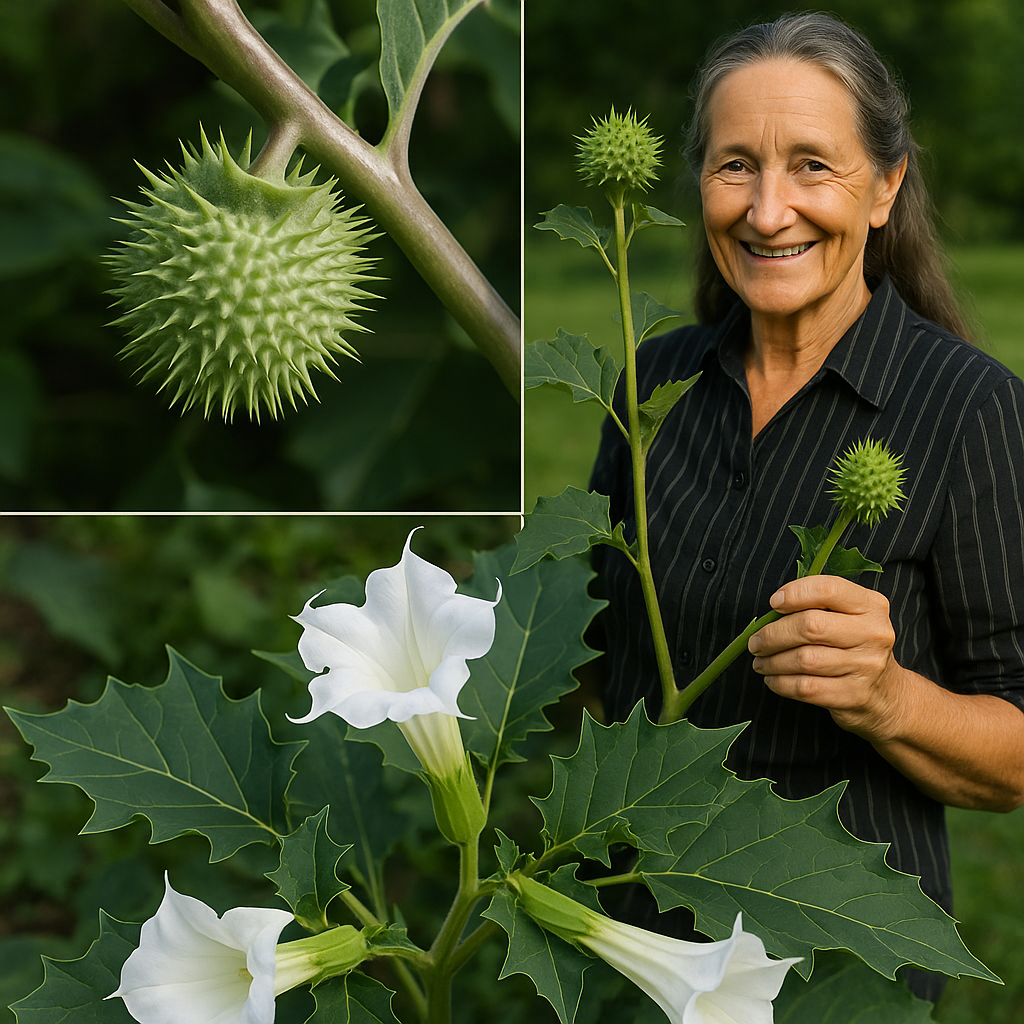
The Enigmatic Charm of Datura Stramonium
🌸 Datura stramonium is a paradox of nature—stunningly beautiful yet dangerously potent. Belonging to the Solanaceae family, alongside edible crops like tomatoes and toxic cousins like deadly nightshade, this plant has a storied past. Native to the Americas, it has spread globally, thriving in disturbed soils like roadsides, abandoned lots, and garden edges. Its rapid growth and alluring blooms often catch the eye, but its hidden dangers demand respect and caution.
Identifying Datura Stramonium: Know the Signs
Recognizing Datura stramonium is the first step to staying safe. Its distinct features make it stand out in any landscape:
- Height: Grows up to 1.5–2 meters tall, commanding attention.
- Leaves: Broad, dark green, with jagged, irregular lobes.
- Flowers: Fragrant, trumpet-shaped, white or pale purple, blooming at dusk.
- Seed Pods: Hard, spiny capsules that split to release black seeds.
🌿 These characteristics make Datura a magnet for curious gardeners, children, or pets, but its beauty is a deceptive lure. Even brief contact, especially ingestion, can trigger serious health risks.
The Toxic Power Within: Datura’s Chemical Arsenal
⚠️ The true danger of Datura stramonium lies in its potent alkaloids—atropine, scopolamine, and hyoscyamine. These anticholinergic compounds disrupt acetylcholine, a critical neurotransmitter, affecting muscle control, heart rate, and brain function. The results can be catastrophic, ranging from disorientation to life-threatening conditions.
Symptoms of Datura Poisoning
- Blurred vision and dilated pupils
- Dry mouth and difficulty swallowing
- Rapid heartbeat
- Confusion or agitation
- Vivid hallucinations
- Coma in severe cases
Even small amounts can cause intense reactions, particularly in children or animals, making Datura a significant risk in any garden or wild space.
A Historical Double-Edged Sword
🌍 Despite its toxicity, Datura stramonium has a rich history. Ancient healers and shamans used its psychoactive properties in spiritual rituals, valuing its ability to induce altered states. In folk medicine, it was cautiously applied to treat asthma, pain, or insomnia. However, these practices were fraught with danger due to the plant’s unpredictable alkaloid levels. Today, modern science deems such uses unsafe, favoring safer alternatives for medical treatment.
Why Datura Persists in Gardens and Wild Spaces
🌱 Surprisingly, Datura stramonium remains a choice for some ornamental gardens, prized for its dramatic blooms and exotic allure. Its ability to reseed and spread also makes it a common sight in neglected areas. Yet, its presence poses significant risks, especially in households with children, pets, or novice gardeners. Accidental ingestion of its seeds or leaves is a leading cause of plant-related poisoning in many regions.
Safe Handling and Removal of Datura Stramonium
If you encounter Datura stramonium in your garden or yard, proceed with caution. Here’s how to manage it safely:
🧤 Wear Protective Gear: Use gloves when handling leaves, pods, or roots to avoid skin contact.
🌿 Remove Completely: Uproot the entire plant, including roots, to prevent regrowth.
🗑️ Dispose Securely: Place the plant in a sealed bag and discard it, avoiding compost piles where seeds could spread.
📚 Educate Others: Teach family members, especially children, to avoid unknown plants.
🚨 Act Fast: If ingestion or contact is suspected, seek emergency medical help immediately, as symptoms can escalate rapidly.
The Value of Informed Gardening
Datura stramonium is a powerful reminder that beauty in nature often comes with hidden risks. Its striking appearance and historical significance make it a fascinating subject, but its toxicity demands vigilance. For gardeners, foragers, or parents, understanding this plant is crucial to ensuring safety in your outdoor spaces.
🌼 Instead of risking Datura’s dangers, consider safer ornamental plants that offer similar visual appeal without the health hazards. By making informed choices, you protect your loved ones and cultivate a garden that thrives on beauty and safety.
Embrace Knowledge, Not Risk
Datura stramonium is a plant of contrasts—captivating yet perilous, revered yet feared. Its story underscores the importance of respecting nature’s complexity. Whether you’re a gardening enthusiast or simply curious about the world of plants, learning about Datura equips you with the knowledge to navigate its allure safely.
Take the time to understand what grows in your garden or local wild spaces. With awareness and caution, you can enjoy nature’s wonders while keeping safety first. Let Datura’s lesson inspire you to cultivate not just plants, but wisdom.
